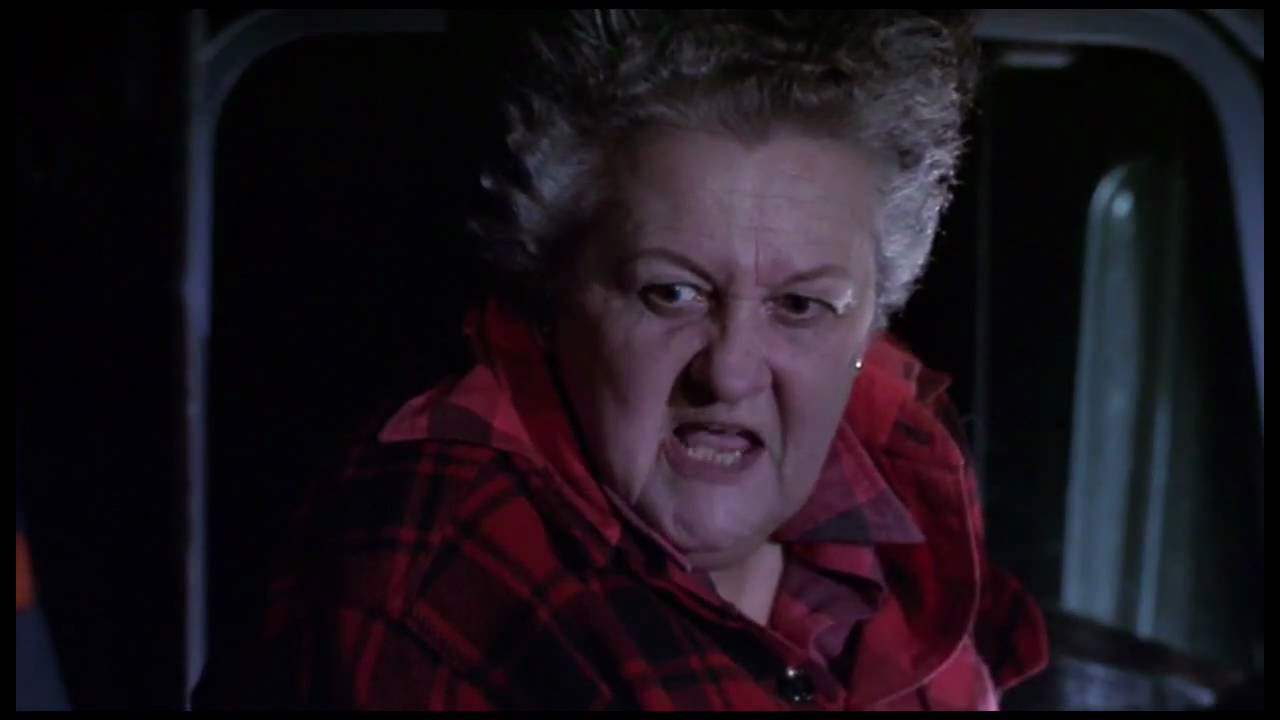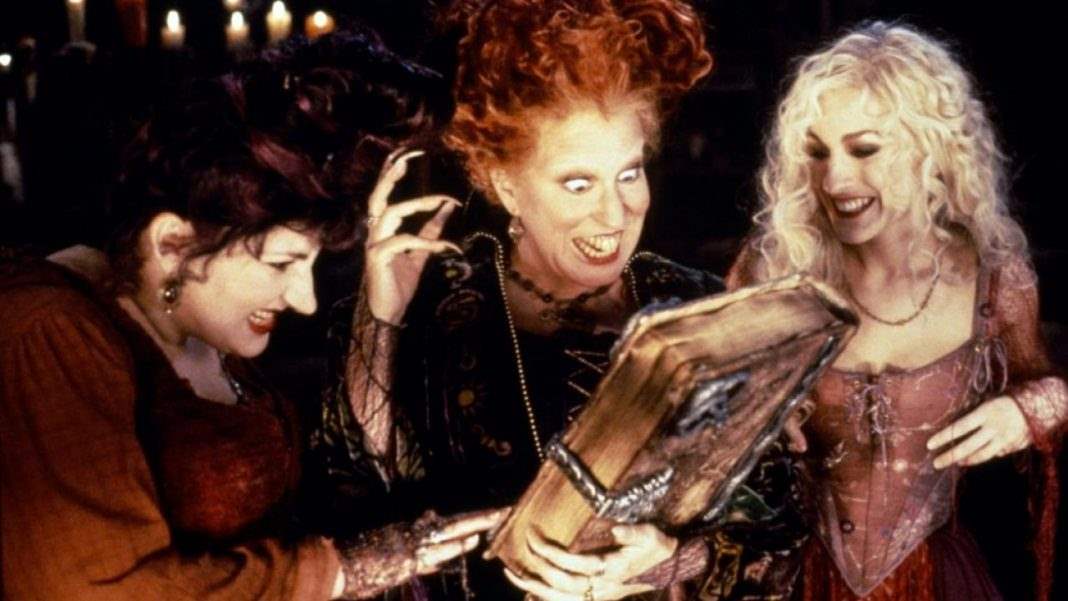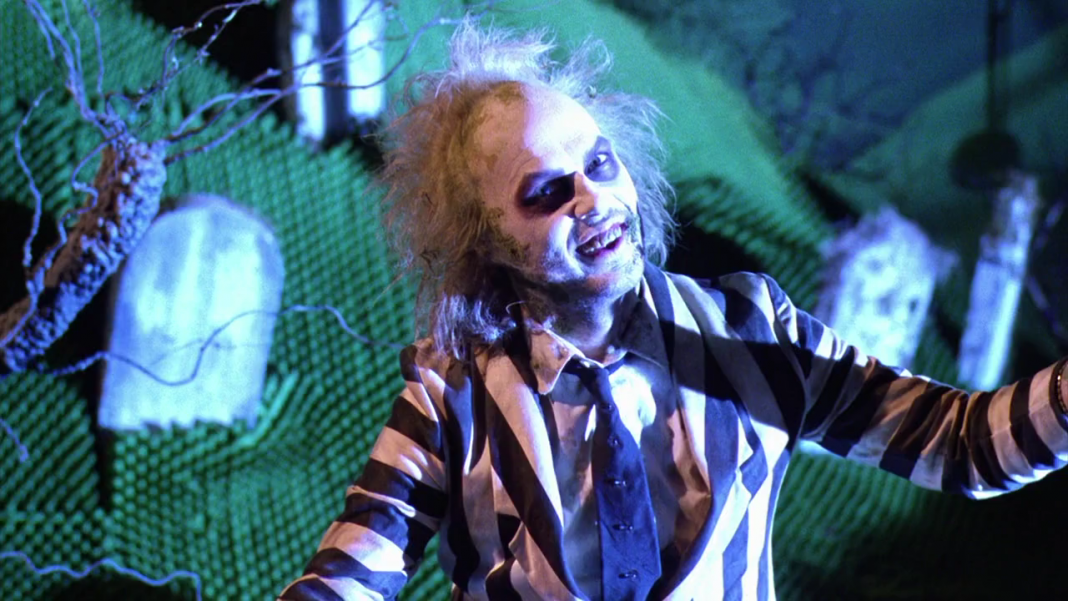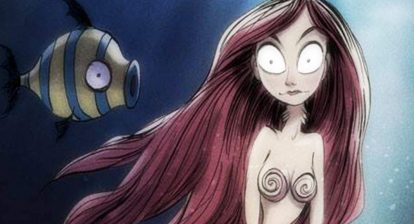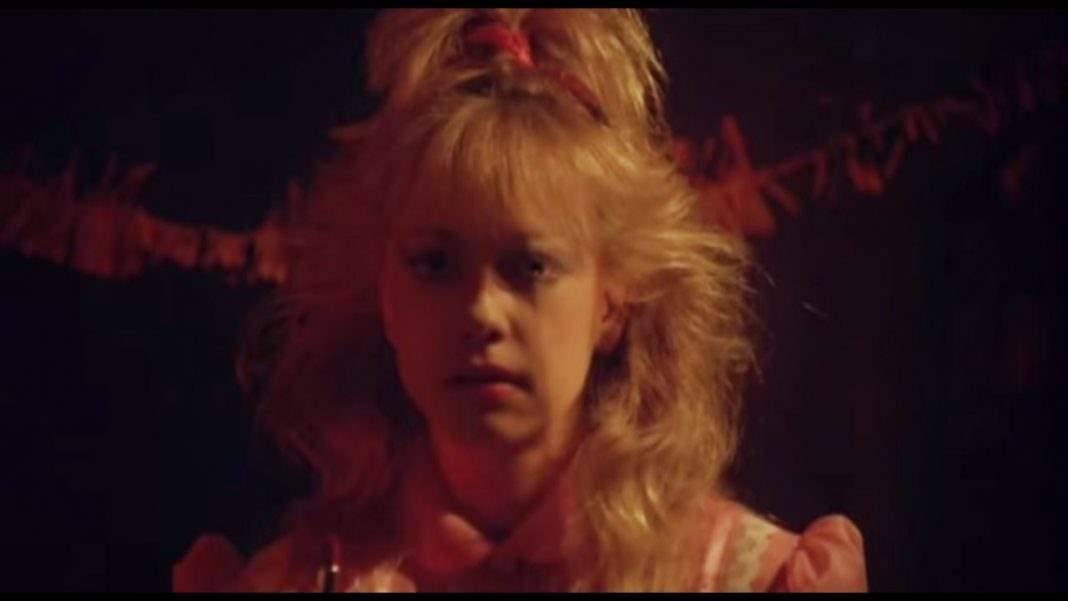Horror is a wide and increasing genre that sees people frequently arguing what does and does not deserve to be labeled a part of it. After all, it’s the only genre that doubles as an emotion. It spreads across the board. Every story has some element of suspense to it, some element of danger whether it is emotional or physical. For this reason, there are a lot of horrific, even traumatic moments in movies that may not be typically considered genre pictures.
These moments in non-horror had the audience’s jaws on the floor. Everybody can think of one, from the earliest movies down to recent hits like Gone Girl. There are always films that go the extra mile and show you something you were definitely unprepared to see. The features we’ll be taking a look at today are not traditionally known as horror. But they each contained at least one standout frightening moment, and in many cases these are the most memorable aspects of the feature.
The Transformation Scene in Pinocchio
Walt Disney’s Pinocchio is the first movie I remember being terrified by. It may be a cartoon and one of the greatest children’s classics of all time, but it is also—in places—frightening. Especially to a child. One does not expect to see visceral horror in a children’s movie or really in an animated movie in general. But then you have this scene in which a young boy who’s being a jackass to poor Pinocchio is literally turned into a donkey. While the entire Pleasure Island sequence is unnerving, the transformation scene–done mostly in shadow as though it were a Val Lewton film–is as horrific as any metamorphosis in any outright horror picture.
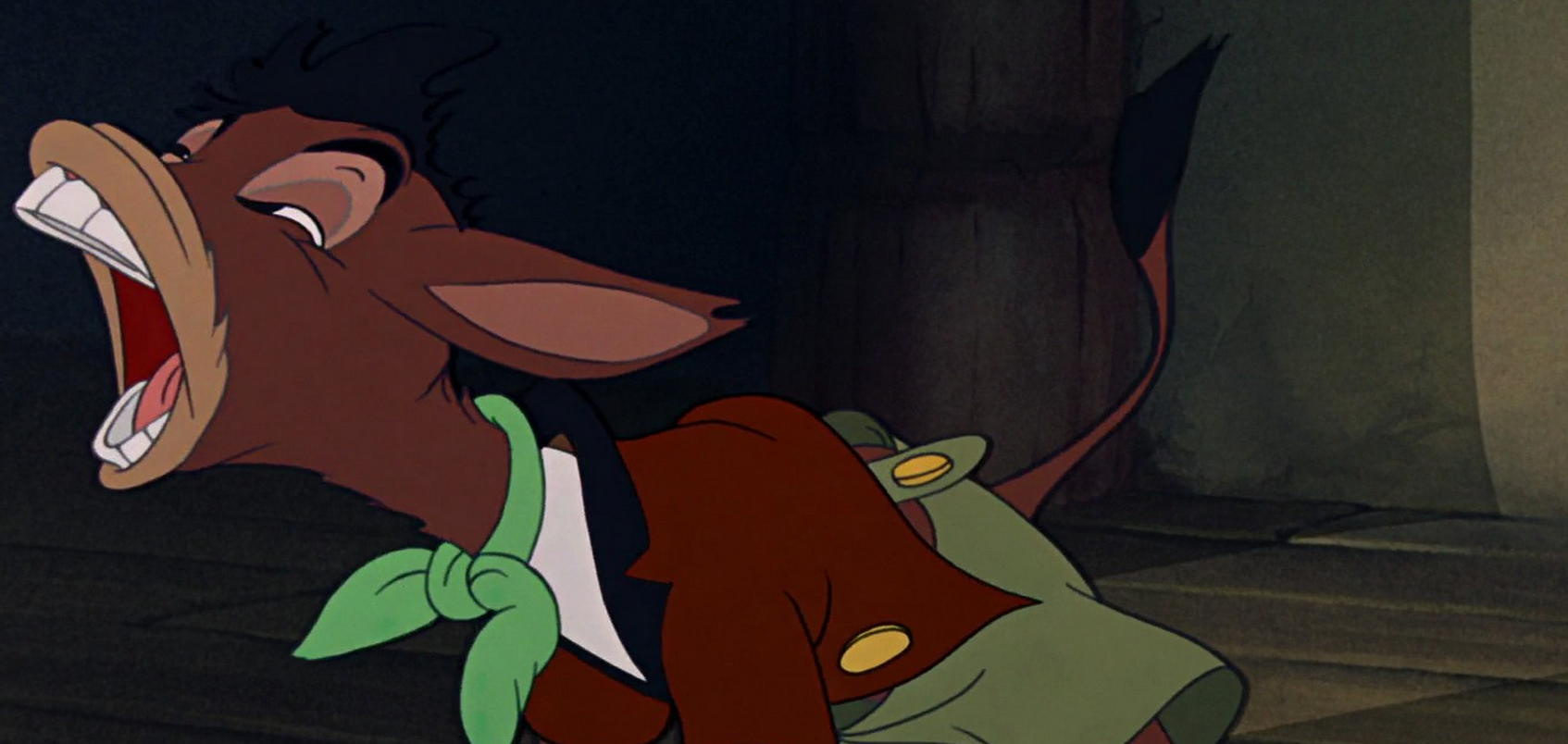 The Amputation Scene in 127 Hours
The Amputation Scene in 127 Hours
The true story that this film was based on was already very well known when the film went into production. Everyone knew the story. Everyone knew what was coming. In some ways, the entire feature is designed around this sequence. A man finds himself trapped by a boulder and the only escape is to cut off his own arm. The story of Aron Ralston made national headlines and was covered in the bestselling memoir, Between a Rock and a Hard Place. Still, the audience is somehow not prepared for the moment when it finally happens. It’s as traumatic as any horror feature. The camera barely ever shies away from the action and even dwells on the action in a way we were not expecting.
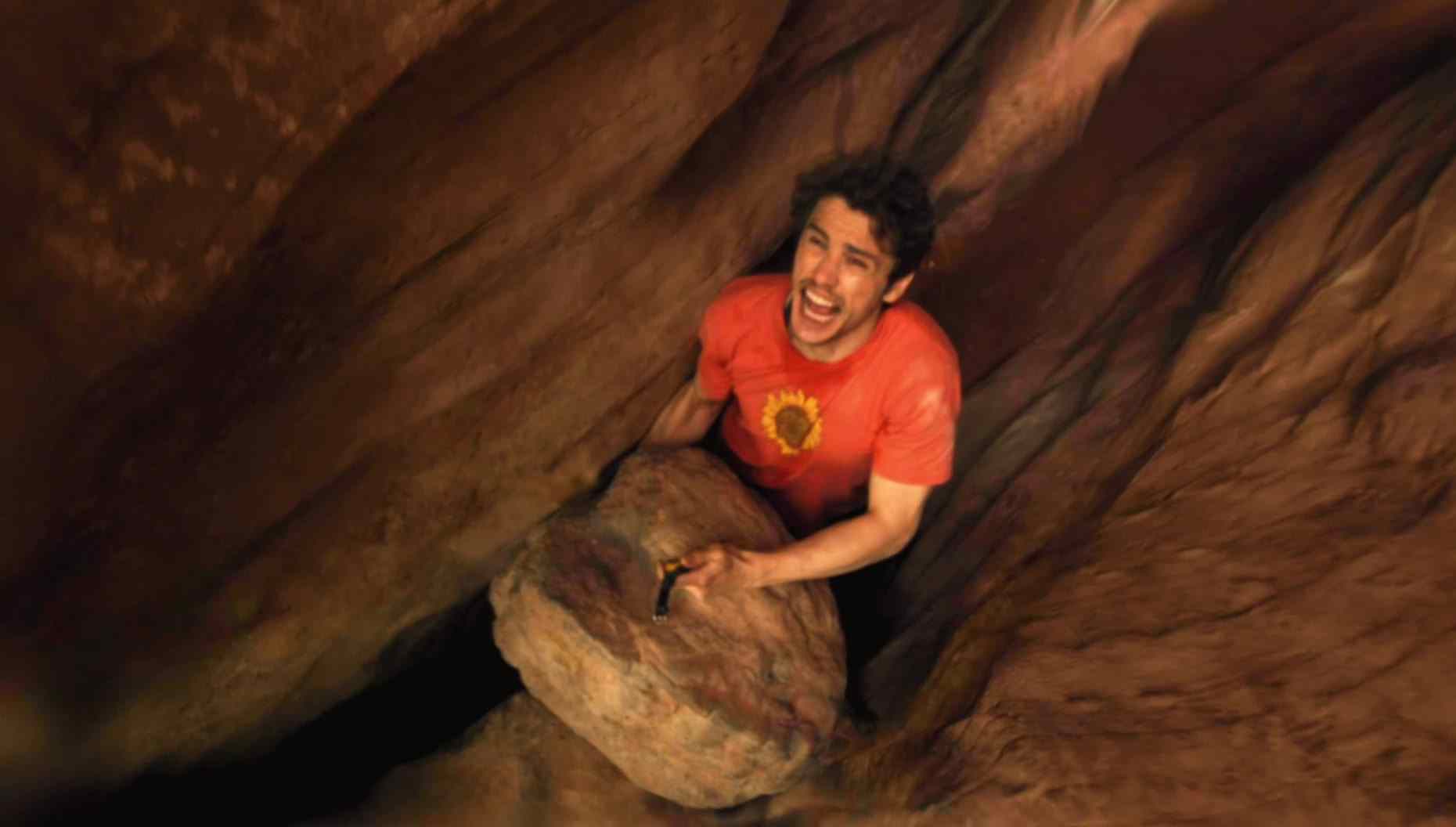 Large Marge in Pee Wee’s Big Adventure
Large Marge in Pee Wee’s Big Adventure
Pee Wee’s Big Adventure is the directorial debut of Tim Burton and it is an undoubtedly goofy, silly comedy of absurd situation after absurd situation as Pee Wee ventures across America to recover his stolen bicycle. And then there is this scene, in which Pee Wee steps inside the truck of a woman who proceeds to tell him about the worst accident she ever encountered in all her years on the road. She does this totally unprovoked, as if telling this story is simply how she introduces herself to new people. She provides the punch line of the ghost story by showing Pee Wee her horrific, mangled face in probably one of the most effective jump scares ever. Naturally, Pee Wee then goes to a bar and the people inform him that the woman who gave him a ride was the woman that died. It’s such a stereotypical ghost story, but tied with the inherent ridiculousness of the film it works perfectly.
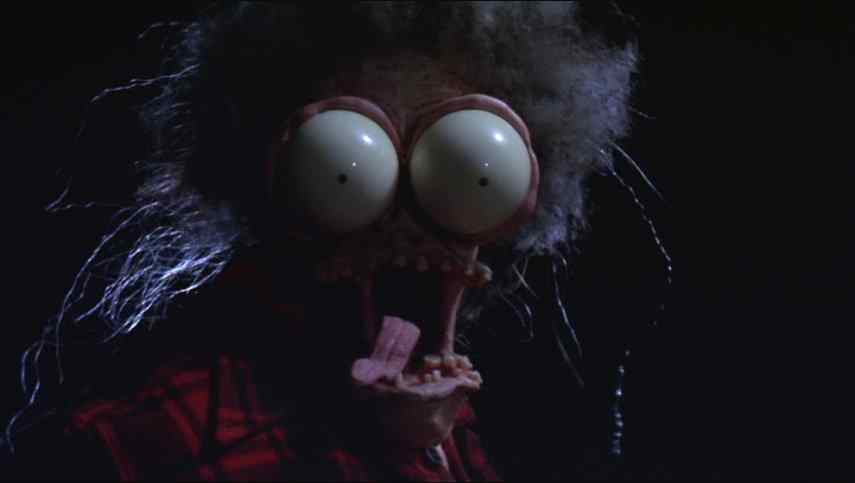 The Pawn Shop Scene in Pulp Fiction
The Pawn Shop Scene in Pulp Fiction
This scene goes on for a long time, taking up about half of its segment. After discussing crime boss Marcellus Wallace for the first half of the feature, we are finally introduced to him, played by the often intimidating Ving Rhames. The brilliant thing about this is that the early scenes explicitly state that Wallace is a man who does not forgive any transgressions. We hear constantly how terrifying he is. So when he is tied down and raped by a couple of sadists who own a pawn shop, the punishment must be the most severe imaginable. Up until this point, Pulp Fiction had not necessarily been a comedy but it had been much lighter. It is a very funny film film for the most part. That is until we get to this point. The rape, the revenge on the rapists, the gimp, it’s like something out of a hardcore horror feature. Because no punishment that Tarantino could come up with would fit the legend built up in the audience’s heads, it is smartly left up to the audience to determine the ultimate fate of Zed the rapist.
